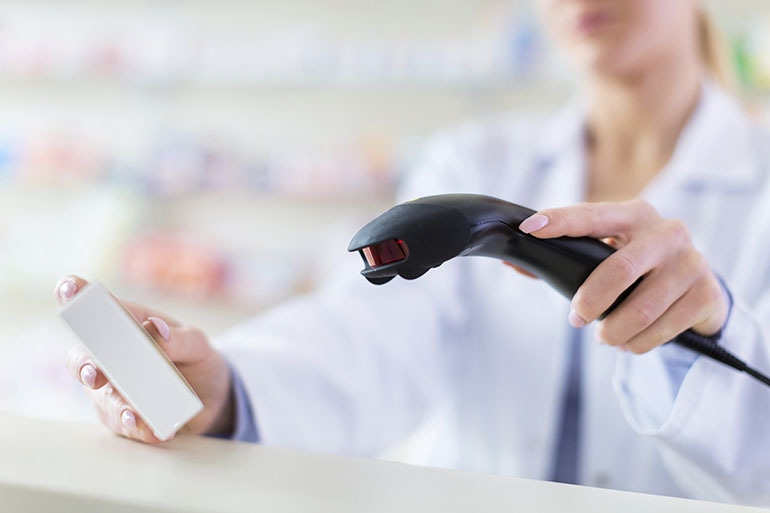
The organisation developing the national platform for medicines traceability requirements in Germany has warned that a number of stakeholders have yet to connect to the system.
With just one year until the safety features requirements of the Falsified Medicines Directive come into force, which means pharmaceutical packs must be verified before they are dispensed to patients, securPharm revealed that just one hospital in Germany had connected with the authentication system and was testing it.
Dr Reinhard Hoferichter, spokesman of the board of directors of securPharm, said the process of community pharmacies and wholesalers connecting with the securPharm system was “gaining momentum as planned” but “the only situation we are watching with concern is the connection of hospitals” where only one has made the move to meet the authentication requirements under the FMD.
“There is great time pressure there,” Hoferichter said. “The construction of a European network against falsified pharmaceuticals is a great challenge for all participants, where the system users can only master by connecting early and by conducting a corresponding training phase.”
The FMD comes into force on 9 February 2019 and requires pharmaceutical manufacturers to apply safety features to medicines packs including a 2D barcode and tamper-proof security seal to ensure authenticity and supply chain traceability. Under the legislation, all pharmacies are required to scan the barcodes of all medicines packs at the point of dispense, where the information will be sent to a European database for authentication.
To ensure pharma manufacturers, pharmacies, hospitals and wholesales are able to hit the ground running from 9 February next year, the securPharm system – which allows the checking of barcodes for authenticity, has been available since 2013 and is already connected to the EU hub.
Hoferichter noted that the vast majority of pharma companies were progressing towards meeting the FMD’s requirements but said there were some laggards in the industry.
“In 2017, we were able to observe that the complexity of conversion and the resulting need to take action were largely understood by the pharmaceutical sector,” Hoferichter said, noting that more pharma firms concluded a contract with securPharm in 2017 than in previous years, with 200 companies currently signed up. But, he added, there were “numerous” companies who had yet to engage with securPharm and ensure they had a system in place for next year.
“We recommend that companies, which have not yet set the course for affixing the safety features, absolutely do this now, otherwise things could get tight for individual manufacturers,” Hoferichter said.
He added that the responsibility for connecting to the authentication system lay with the users. “We will not relent and will continue to point out how important it is to connect to the system in a timely manner and to test the processes of authentication to ensure that not only the system works smoothly on 9 February 2019, but also that all users will have connected.”
The importance of connecting up early and piloting the authentication system has been clearly shown in the UK. A study last year found that hospital pharmacies had low compliance rates of verifying product codes on medicine packs, with one in five packs not being scanned and, in some cases, packs marked as expired, recalled or counterfeit were not quarantined. The authors noted the finding “poses significant quality and safety issues with this detection approach”.
The authors followed this up to ascertain the reasons for low compliance and also recommended that authentication technology providers test their technology in a closed loop and real-life environment prior to national implementation to ensure that operators respond appropriately to the messaging being displayed.
Meanwhile, a recent poll by TraceLink and market research firm Penn Schoen Berland of pharma companies and contract manufacturers found that around a third of respondents felt “very ready” for the FMD and the US version under the Drug Supply Chain Security Act despite no single company having completed all the basic steps for serialization. The pollsters warned companies about being over-confident in their ability to reach compliance.
©
SecuringIndustry.com





